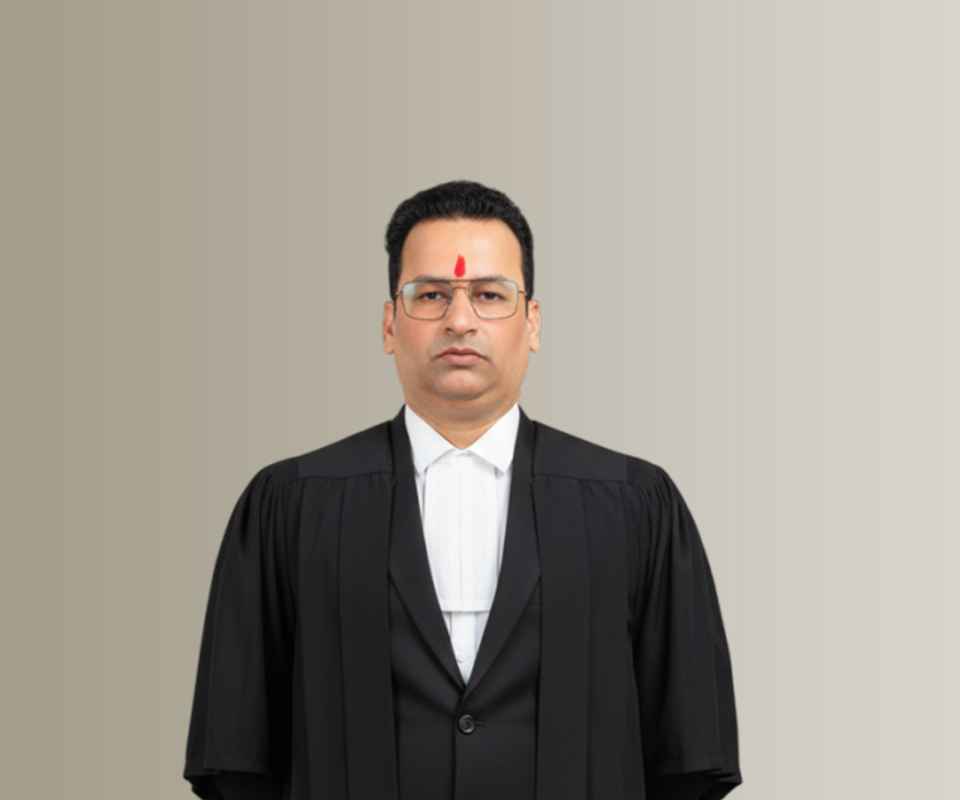Answer By law4u team
A dishonorable discharge is the most severe form of military separation, typically resulting from serious misconduct such as felony convictions, violations of military law, or actions that significantly breach the military’s ethical and behavioral standards. The consequences of a dishonorable discharge are far-reaching, affecting the service member’s legal standing, financial benefits, career prospects, and social reputation.
Consequences of Dishonorable Discharge
Loss of Veteran Benefits
Ineligibility for Benefits:
Service members with a dishonorable discharge are not eligible for most veteran benefits, such as:
- Pension: They will not receive military pension payments that are available to those with honorable discharges.
- Healthcare: They are excluded from receiving healthcare through Veterans Affairs (VA) or military hospitals.
- Education Benefits: They are ineligible for educational benefits like the GI Bill, which can help fund college tuition.
- Home Loan Assistance: They lose access to VA home loans, which can help veterans purchase homes with favorable terms.
Criminal Record and Legal Consequences
Criminal Record:
A dishonorable discharge is typically accompanied by a criminal conviction, which results in a permanent criminal record. This can have long-term implications, including difficulty finding employment and restricted civil rights.
Loss of Civil Rights:
In some cases, a dishonorable discharge may lead to the loss of certain civil rights, including:
- Voting Rights: The individual may lose the right to vote in local, state, and federal elections, depending on the jurisdiction.
- Firearm Possession: They may be prohibited from purchasing or possessing firearms, as felonies often come with this restriction.
Damage to Reputation
Stigmatization:
A dishonorable discharge carries a significant social stigma. It is seen as an indication of serious misconduct and poor moral character, which can negatively affect the individual’s reputation.
Impact on Employment:
The dishonorable discharge is part of the person’s military record and may be disclosed to potential civilian employers. This can make it extremely difficult to find work, especially in jobs that require a security clearance or involve trust.
Ineligibility for Re-enlistment
Permanent Ineligibility:
A dishonorable discharge is a permanent mark on the individual’s record, making them ineligible for re-enlistment in any branch of the military. This means that the service member cannot return to military service, regardless of any changes in their personal circumstances or future actions.
Social and Family Impact
Impact on Family Life:
The dishonorable discharge can strain relationships with family members, as it is often associated with serious criminal conduct. Family members may also face social stigma as a result of the discharge.
Community and Social Life:
The service member may find it difficult to reintegrate into their community and social circles, as others may view the dishonorable discharge as a sign of poor character and personal failure.
Employment and Career Limitations
Civilian Employment:
Many employers conduct background checks and may view a dishonorable discharge as a red flag. This can severely limit job opportunities, especially in fields that require high ethical standards, such as law enforcement, government positions, or finance.
Loss of Professional Licenses:
For those who hold professional licenses in fields such as healthcare, law, or teaching, a dishonorable discharge can result in the loss of those licenses, further hindering their ability to work in those fields.
Financial Consequences
Loss of Severance Pay:
While a service member with an honorable discharge may receive severance pay or retirement benefits, a dishonorable discharge often means the loss of these financial compensations.
Financial Strain:
With limited access to veterans' benefits and potential employment difficulties, the individual may experience significant financial hardship after discharge.
Impact on Retirement and Future Security
Loss of Retirement Benefits:
Military retirement benefits are typically reserved for service members with honorable discharges. Those with a dishonorable discharge are excluded from receiving any retirement benefits, which can affect their financial security in later life.
Long-Term Financial Instability:
With fewer job prospects and the loss of government-provided benefits, the individual may face long-term financial instability.
Example:
Scenario:
Private David was convicted of drug trafficking and theft while serving in the military. After a court-martial, he was sentenced to a dishonorable discharge. As a result, he faces several consequences:
- Loss of Veteran Benefits: David is not eligible for the GI Bill to fund further education and will not receive any veterans' healthcare or pension benefits.
- Criminal Record: The dishonorable discharge comes with a criminal record, affecting his future job prospects.
- Difficulty Finding Employment: David struggles to find a job due to the stigma of a dishonorable discharge and his criminal history.
- Impact on Family: His family faces social stigma, and David's relationship with his parents becomes strained due to his actions and subsequent discharge.
Conclusion
A dishonorable discharge is a severe consequence that results from serious misconduct during military service. It has far-reaching implications for the individual, including the loss of veterans' benefits, a permanent criminal record, difficulty finding employment, and a damaged reputation. Additionally, the discharge can negatively impact family relationships, financial stability, and the individual’s ability to reintegrate into society. The consequences of a dishonorable discharge are long-lasting, and it can be a significant barrier to rebuilding one's life after military service.







